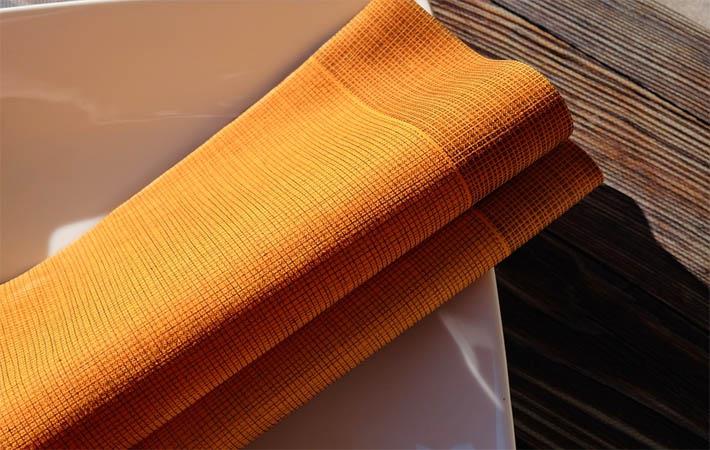The nonwovens production in Greater Europe in 2017 has increased in volume by 4.3 per cent, according to the results of the annual nonwovens industry survey by Edana. Edana is the global association serving the nonwovens and related industries. With a comprehensive overview, the latest statistics demonstrates the nonwoven industry’s drive and durability.
The nonwovens production reached 2,544,450 tonnes with a total estimated turnover of around €7,869 million (+5.6 per cent). Total European Union output is now close to 2 million tonnes.The nonwovens production in Greater Europe in 2017 has increased in volume by 4.3 per cent, according to the results of the annual nonwovens industry survey by Edana. Edana is the global association serving the nonwovens and related industries. With a comprehensive overview, the latest statistics demonstrates the nonwoven industry's drive and durability.#
Jacques Prigneaux, Edana’s market analysis and economic affairs director said, “We continue to see the expected variances within the EU region. Although some established players like France and the Benelux countries were at a standstill, many pushed on from last year with Greece, Romania, Czech Republic, Slovenia, the UK, and Ireland all witnessing growth. In Greater Europe as a whole, the standout performers were Turkey, posting a double-digit growth rate, and Russia, where growth exceeded 9 per cent.”
Divergent trends were also observed between the various production processes. Wetlaid production recorded the most important growth rate (+10.2 per cent), mainly due to newly installed lines going fully operational in 2017. This type of web-formation now represents 9 per cent of nonwovens produced in Europe. Short-fibre airlaid nonwovens production increased marginally by 1.3 per cent in 2017.
The production of polymer-based nonwovens (spunmelt and assimilated) recorded significant growth of 4.2 per cent in tonnage. This type of fabric confirmed its leading position in the European nonwovens industry, with 41.0 per cent of the market in weight and 65.0 per cent in surface area. The total output of spunmelt products reached 1,056,494 tonnes in 2017. Drylaid nonwovens reached 1,056,742 tonnes, representing a 3.6 per cent increase in tonnage.
Although the primary main end-use for nonwovens continues to be the hygiene market, with a 29.8 per cent market share by weight, significant growth areas for nonwovens were recorded in other sectors; medical (+13.2 per cent), automotive (+13 per cent) and electronic materials (+21 per cent). Nonwovens sales to the personal care wipes market, flat in 2016, increased again last year posting growth of 5.4 per cent in tonnes and 5.7 per cent in surface area. (GK)
Fibre2Fashion News Desk – India


